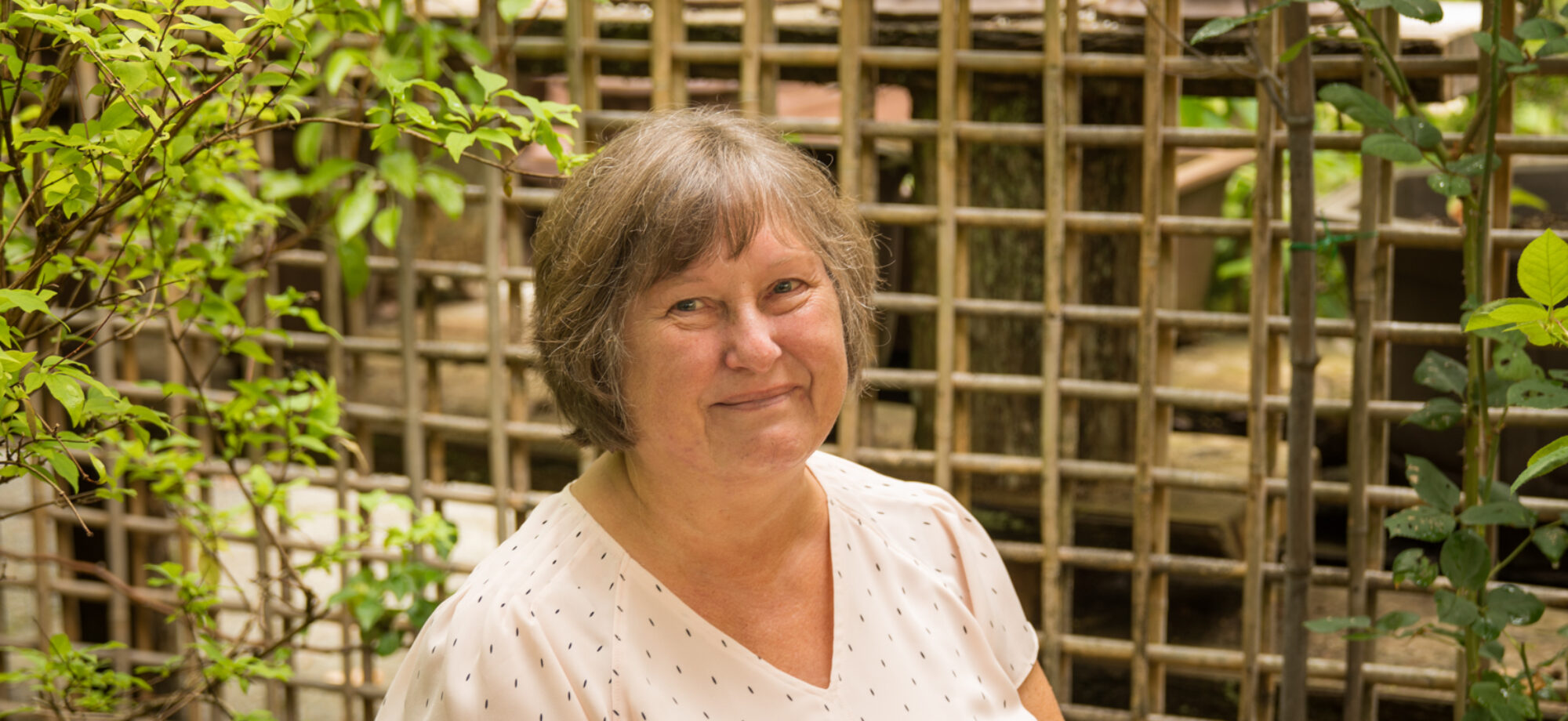My father died of a massive stroke 44 years ago yesterday. I was holding his hand in a Saskatchewan hospital when he passed. It was on Monday of holy week. I recall looking from his face – after his tremendous last gasp – to the window, as if I was experiencing his spirit going to a richer, healthier place.
I was 23 at the time. It was a few months before my wedding. My father‘s death was a loss, all right. But I was not at a loss about it. He had told me earlier that year he thought his time was at hand. I’d asked if he was troubled by the thought. “Not at all,“ he said. “I trust where I’m going. But I do love every day of life.“
His life had been full of a lot of losing, actually. In 1936, at age 36, he’d been run off his land by creditors during the “dirty 30s“. He had nothing. He found work using his one vehicle (a beat-up truck) to haul things – even sewage – for cash. At age 46, he left his church to support his oldest children who’d been expelled because they were holding Bible studies in English, when the church saw German as the divinely sanctioned language. [Well, fact is, as is characteristic of xenophobic folks anywhere and anytime, they simply feared loss more than they trusted change.] When he was 50, not yet fully back on his feet financially, his first wife died, leaving several of his seven children to provide for. He started a small business, but it collapsed because he refused to collect debts from farmers and townsfolk he considered worse off than himself.
I was born to his second wife in late 1952, their only child. I grew up never feeling poor (since my very existence was so endearing) but I was often overhearing the difficult conversations of my parents about “how we’ll have enough“. My father felt that if he had more than a poor neighbor, he had enough… to share.
So, last week, when I, inching into retirement, sat safely cloistered in my home during a horrific world health-hiccup, and had a long and disconcerting phone chat with my investment advisor, I looked at the picture of my father loading his hillbilly style jalopy, and smiled. I suspect my life could get a bit leaner going forward. But we have practised a “live on less” lifestyle for 44 years, trying to let any surplus flow in good measure toward obvious global neighbourhood needs (of refugees, in particular) even as we have hoped to have a little something left for ourselves, perhaps enough to pass on to our children’s families as well.

Of course, the best thing they could get from us when we die – since they likely won’t want a truckload of aged furniture – is a lesson on learning from losing. Everyone, after all, can be resourceful enough to tighten belts and generous enough to see to the needs of neighbours near and far. After all, we’re all refugees in the face of mortality.
Discover more from Pearl Ada Pridham, author
Subscribe to get the latest posts sent to your email.

